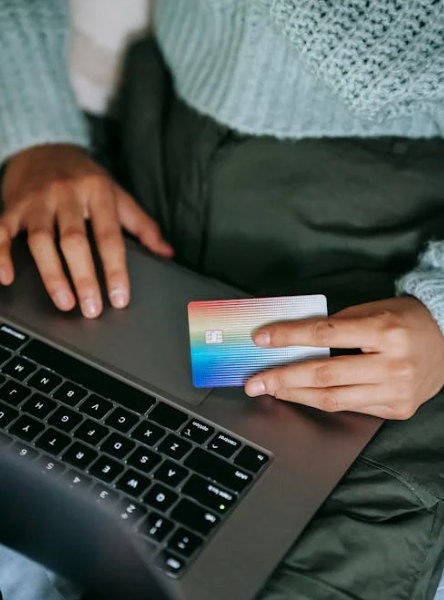Today, more than 200 countries and territories are celebrating Safer Internet Day. They’re asking everyone to come together to make the Internet a safer and better place. Parents especially understand how important it is to work towards a safer Internet.
The Internet has been essential for parents to juggle work and childcare during the ongoing pandemic. But it’s hard to ignore the growing problems that are getting worse on the Internet. With kids spending more time online for learning and socializing, we can’t always be there to watch over them.
What’s even scarier is when government proposals make it harder for people to keep kids safe online. They forget a simple truth: security is vital for a safer Internet.
This might sound simple, but it’s important.
The UK’s Online Safety Act and the US’s EARN IT Act are recent proposals. They put the safety of almost everyone online at risk, including children. These proposals do this by going after encryption, which is our most robust digital security tool.
Encryption is a vital technology we use every day. It’s similar to the lock on your front door, which keeps our conversations private. It also protects our personal details, like where we are, our medical records, and who we are, from criminals.
Now, let’s think about safety and security.
According to the Oxford Dictionary, safety means being protected from danger or harm. On the other hand, a secure Internet, as defined by the Internet Society, is one that can resist attacks on its infrastructure and provide a strong and reliable service to its users.
Why is encryption important? Think of it as protective gear for the Internet. It ensures that the inner workings of the Internet, as well as the countless interactions we have with it every day, stay private and genuine.

How does this promote safety online?
An open letter from tech experts and groups points out that encryption not only safeguards privacy but also protects children and other vulnerable groups from online threats. People like journalists, LGBTQ+ communities, and human rights defenders rely on encryption to have safe online spaces.
If the UK or US governments succeed in banning encrypted communications, it’s like telling you not to lock your home’s doors.
Just as no responsible adult would advise a child to open the door to strangers, why would a government propose a law that makes almost everything you do online accessible to anyone?
In October, millions of people and businesses worldwide celebrated the first Global Encryption Day, encouraging encrypted communications.
Even the Government of Canada recognized strong public support for encrypted communications in a 2021 consultation report about online safety.
If more governments start with these strong foundations, we can have more meaningful discussions about real solutions for online safety, especially for kids.
Instead of using public money to promote bad laws, governments should invest in teaching digital safety in schools and homes and addressing societal issues before they become problems online.
Ultimately, it’s up to adults. Parents and caregivers are responsible for keeping children safe, whether in the physical or digital world. By consistently teaching kids how to stay safe in both worlds, simple tools like door locks and encryption can provide extra protection.








